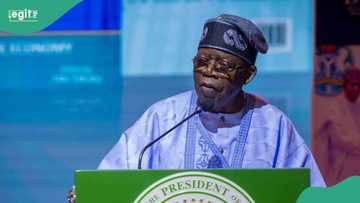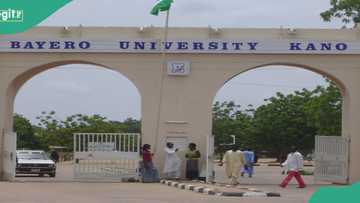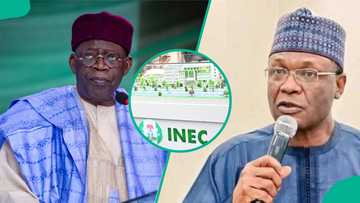Explainer: Key INEC Staff and Their Duties on Election Day
- Election day in Nigeria involves a complex network of officials under the Independent National Electoral Commission (INEC), each with clearly defined responsibilities
- From polling units to national collation centres, these roles are crucial to ensuring transparency, credibility, and public confidence in the electoral process
- Understanding who does what, and who is accountable, is essential for voters and stakeholders alike
Understanding the roles of key officials of the Independent National Electoral Commission (INEC) has remained essential to ensuring transparency and accountability in Nigeria’s electoral process.
These officials, both permanent and ad hoc, have been tasked with conducting and supervising elections across the country, and their performance directly influenced public trust in the system.
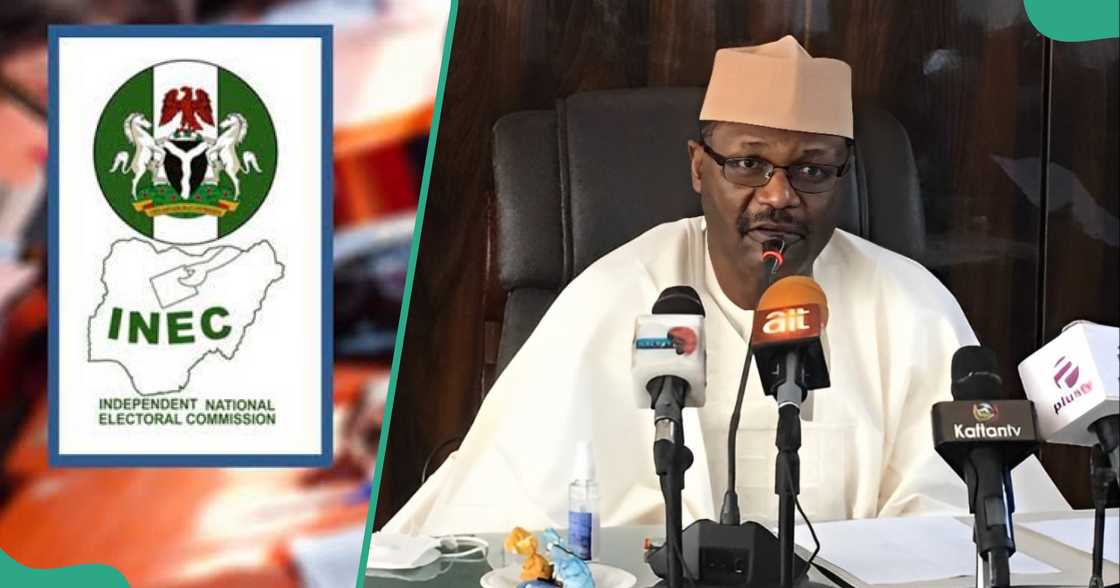
Source: Facebook
Election officials and professional ethics
INEC maintained that election officials must be “courteous, polite, and helpful at all times.” The Commission’s manual further stated that they should treat voters equally and with respect, regardless of gender, age, or disability.
Officials were expected to uphold principles of integrity, impartiality, transparency, and professionalism. Any unethical or corrupt behaviour, according to electoral law, attracted severe penalties.
Resident Electoral Commissioner (REC)
The Resident Electoral Commissioner served as the head of INEC in each state. This official oversaw the conduct of Federal, State, and Area Council elections in the Federal Capital Territory (FCT). The REC received sensitive and non-sensitive materials from INEC’s national headquarters and distributed them to Electoral Officers.
Additionally, the REC supervised staff recruitment and training, and liaised with political parties and stakeholders to ensure smooth elections. The Administrative Secretary supported the REC in these duties.
Electoral Officer (EO)
At the Local Government Area (LGA) or Area Council level, the Electoral Officer managed the Commission’s operations.
The EO distributed election materials to Supervisory Presiding Officers (SPOs), who then passed them to Presiding Officers (POs). After voting, the EO retrieved materials and safeguarded results and ballot boxes. The EO also reported security concerns and coordinated training, assisted by three Assistant Electoral Officers (AEOs) and other staff.
Returning Officer (RO)
The Returning Officer held the authority to tabulate votes, announce candidate scores, and declare winners in a given constituency.
The RO also resolved disputes related to rejected ballots and final vote counts.
Collation Officers (CO)
Collation Officers were responsible for compiling and announcing results at various collation levels. Their roles included:
• Registration Area/Ward CO: Collated results from Polling Units and completed Form EC 40H(ii).
• LGA/Area Council CO: Announced results from Registration Areas and completed Form EC 40H(iii).
• State Constituency CO: Managed results for State Assembly elections and acted as Returning Officer.
• Federal Constituency CO: Collated House of Representatives results and served as Returning Officer.
• Senatorial District CO: Oversaw Senate election results and declared winners.
• State CO: Managed Presidential and Governorship results across LGAs and completed Form EC 40H(iv).
• Chief Electoral Commissioner: INEC’s Chairman, who collated and announced Presidential results nationwide and completed Form EC 40H(v).
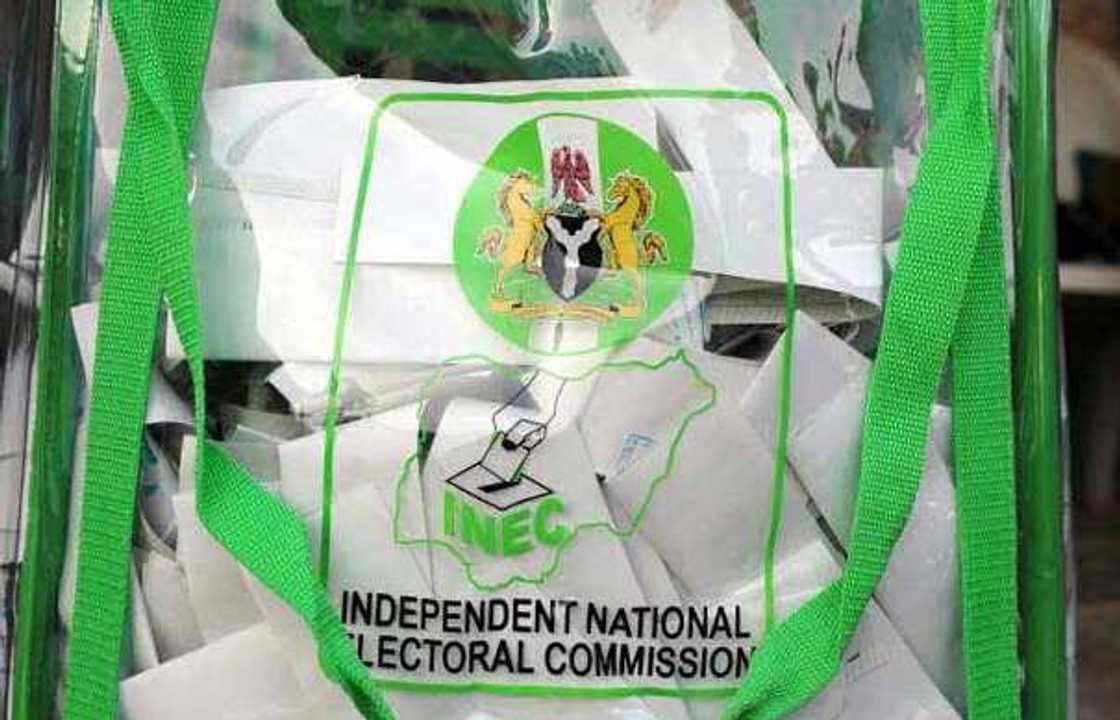
Source: Depositphotos
Technical Support Staff
INEC deployed technical staff to support election day operations. Registration Area Technical Support Staff (RATechs) conducted refresher training and resolved issues with the Bimodal Voter Accreditation System (BVAS). They also verified results uploaded to the INEC Result Viewing Portal (IReV).
At higher levels, LGATech/ACTech staff supported RATechs, while LGA/AC Technical Supervisors coordinated technical issues locally. State Technical Supervisors and ICT Supervisors managed broader ICT operations during elections.
CSRVS Technical Support
Permanent INEC staff also served in the Collation Support and Result Verification Secretariat (CSRVS), assisting Returning Officers at various collation levels. These included:
• National Collation Support Secretariat (NCSS)
• Senatorial District Collation Support Secretariat (SDCSS)
• Federal Constituency Collation Support Secretariat (FCCSS)
• State Constituency Collation Support Secretariat (SCCSS)
• Local Government Collation Support Secretariat (LGCSS)
• Registration Area Collation Support Secretariat (RACSS)
Supervisors and Monitors
INEC’s Operations Department deployed supervisors to oversee elections at RA, LGA/AC, and Constituency levels. Meanwhile, the Planning and Monitoring Department assigned monitors to track the conduct of elections across these same levels.
Supervisory Presiding Officer (SPO)
The SPO supervised polling activities across a cluster of Polling Units within a Registration Area. They trained Presiding and Assistant Presiding Officers and were accountable to the Electoral Officer. Their responsibilities spanned pre-election, election day, and post-election activities.
Polling Unit Team
Each Polling Unit was manned by a team comprising:
• Presiding Officer (PO)
• Assistant Presiding Officer I (APO I)
• Assistant Presiding Officer II (APO II)
• Assistant Presiding Officer III (APO III)
These officials formed the frontline of the electoral process, ensuring that voting was conducted efficiently and fairly.
High court orders arrest of INEC Chairman Yakubu
Legit.ng earlier reported that the Federal High Court in Osogbo, Osun State, has issued a directive for the arrest of the Chairman of the Independent National Electoral Commission (INEC), Professor Mahmoud Yakubu, citing contempt and disobedience of court orders.
Justice Funmilola Demi-Ajayi, presiding over the case involving the Action Alliance and INEC, ruled that Professor Yakubu and the electoral body had erred by failing to comply with a previous judgment.
According to TVC, that judgment had instructed INEC and its chairman to recognise all state chairmen elected under the Adekunle Rufai Omoaje-led National Executive Committee of the Action Alliance.
Source: Legit.ng

